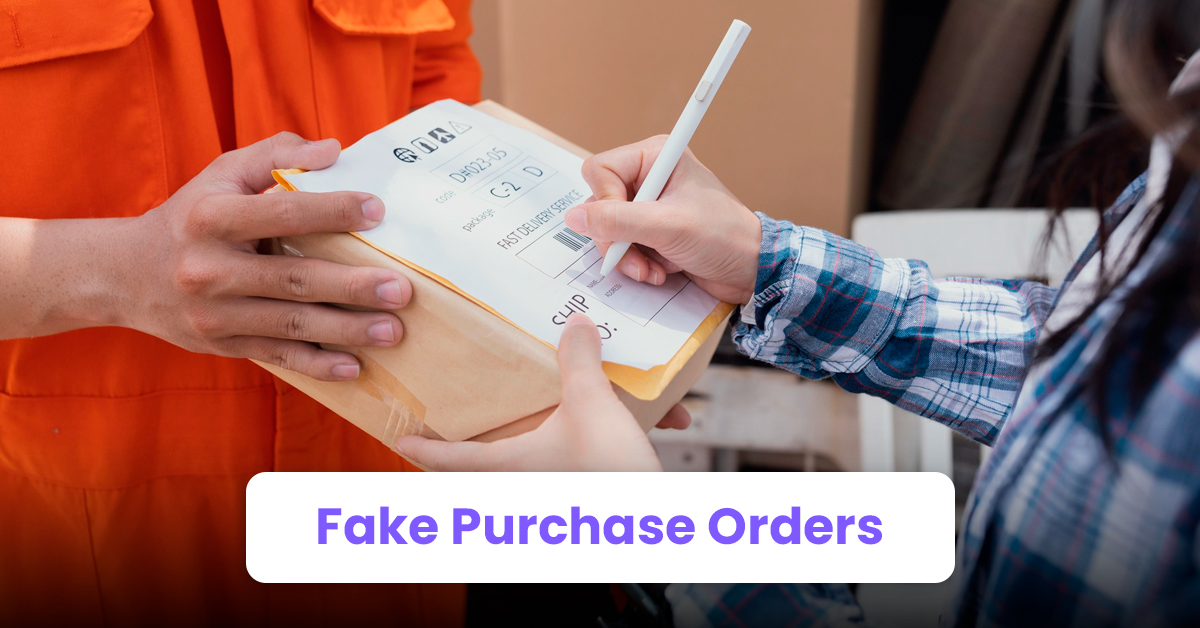If you've been thinking about starting an eCommerce business and selling on Shopify, you've probably asked yourself, "Are Shopify stores legit?"
Shopify is a trusted platform used by millions of entrepreneurs. As of 2024, Shopify powers over 5 million stores globally.
Like any online marketplace, it's not immune to scams. Unfortunately, some of these scams don't target buyers, but sellers like you.
Whether you're already running a store or just setting up, it's crucial to understand how to protect yourself and your business. Let's dive into five common Shopify scams and how to avoid them.











